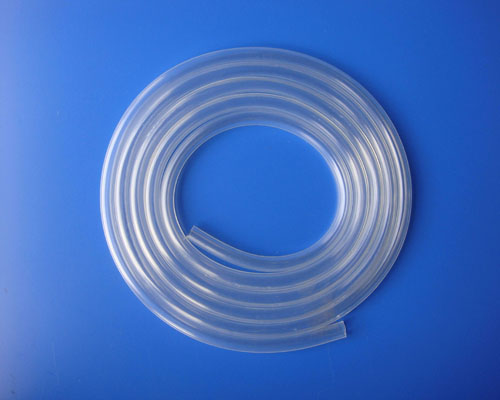
Phone Number :
07 14, 2023

The role of PVC hoses in medical equipment is indispensable, as they contribute significantly to enhancing the performance and safety of various medical devices. These hoses, commonly made from polyvinyl chloride (PVC) material, are used in a wide range of medical applications, including intravenous (IV) tubing, oxygen delivery systems, and drainage systems. This article aims to provide a comprehensive overview of the role and safety assessment of PVC hoses in medical equipment.
PVC hoses offer several advantages that make them an ideal choice for use in medical equipment. Firstly, PVC material is lightweight, flexible, and easy to handle, which ensures the convenience of medical professionals during procedures. Additionally, PVC hoses have excellent compatibility with a variety of substances, making them suitable for diverse medical applications.
Furthermore, PVC hoses exhibit exceptional durability, ensuring a longer lifespan and reducing the frequency of replacements. Their resistance to chemical corrosion and stability under various temperatures and pressures add to their reliability. PVC hoses also demonstrate low permeability, preventing the leaching or absorption of potentially harmful substances into the medical fluid being transported.
The safety of PVC hoses used in medical equipment is of utmost importance to protect patient well-being. Rigorous safety evaluations are conducted to ensure their compliance with relevant regulatory standards. These assessments focus on various aspects, including material composition, mechanical properties, and biocompatibility.
Material composition testing examines the presence of harmful additives such as plasticizers and heavy metals in the PVC hoses. It ensures that the materials used are free from substances that could potentially cause harm to patients or compromise the integrity of medical fluids being conveyed.
Mechanical property assessments involve evaluating the hoses' resistance to kinking, collapsing, and leakage under specified pressure conditions. This ensures that the hoses remain intact and perform reliably during medical procedures, thereby preventing potential risks to patients.
Biocompatibility testing examines the interaction between the PVC hoses and living tissues to assess any potential adverse effects. This evaluation includes tests for cytotoxicity, sensitization, and irritation to ensure that the hoses do not cause inflammation or other harmful reactions when in contact with patients' bodies.
In summary, PVC hoses play a vital role in enhancing the performance and safety of medical equipment. Their advantageous properties, such as flexibility, compatibility, durability, and low permeability, make them well-suited for various medical applications. The rigorous safety assessment procedures carried out ensure that PVC hoses meet the necessary regulatory standards and do not pose any risks to patient health. By utilizing PVC hoses, medical professionals can confidently provide optimal care while maintaining the highest standards of safety in medical equipment.